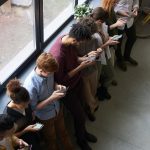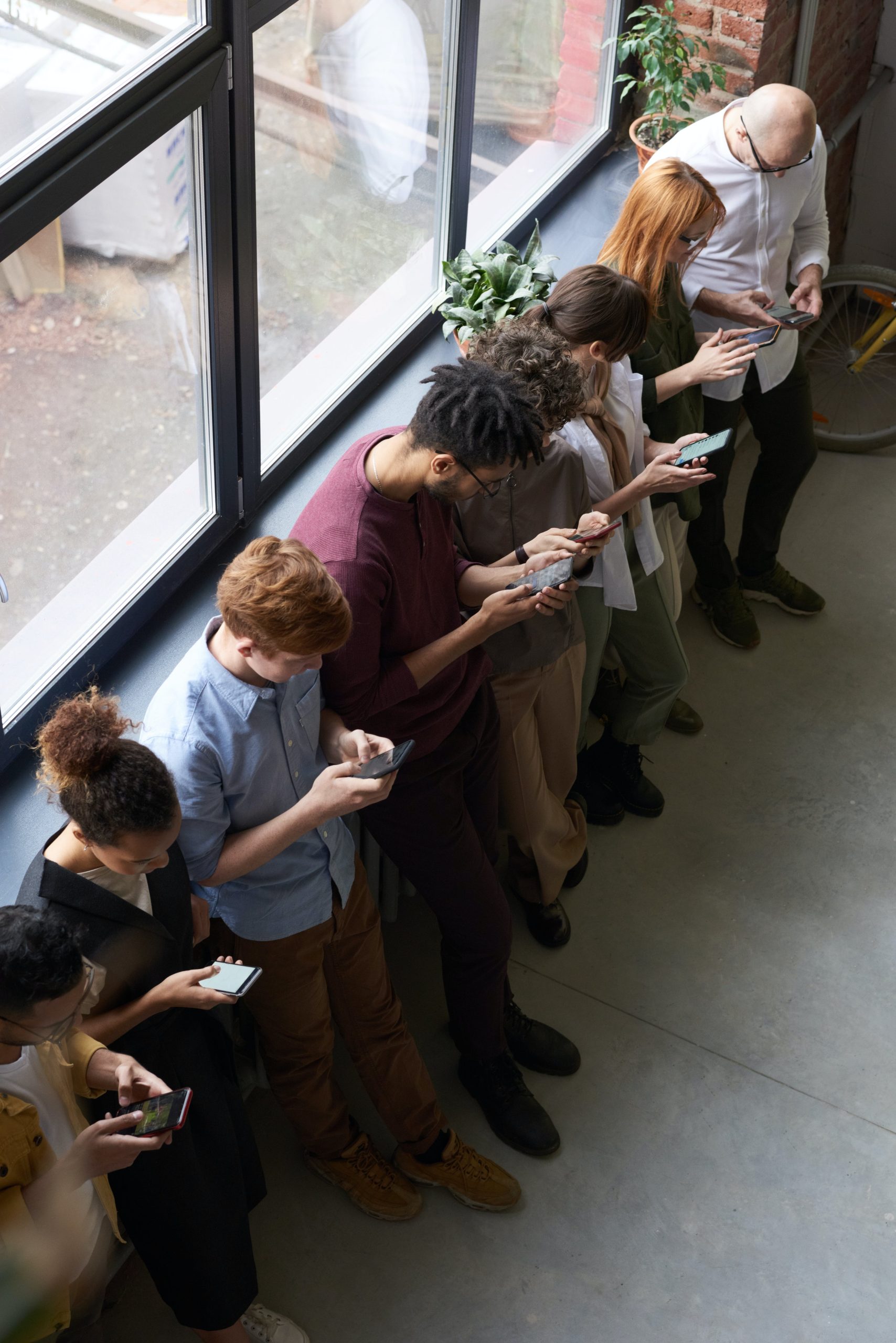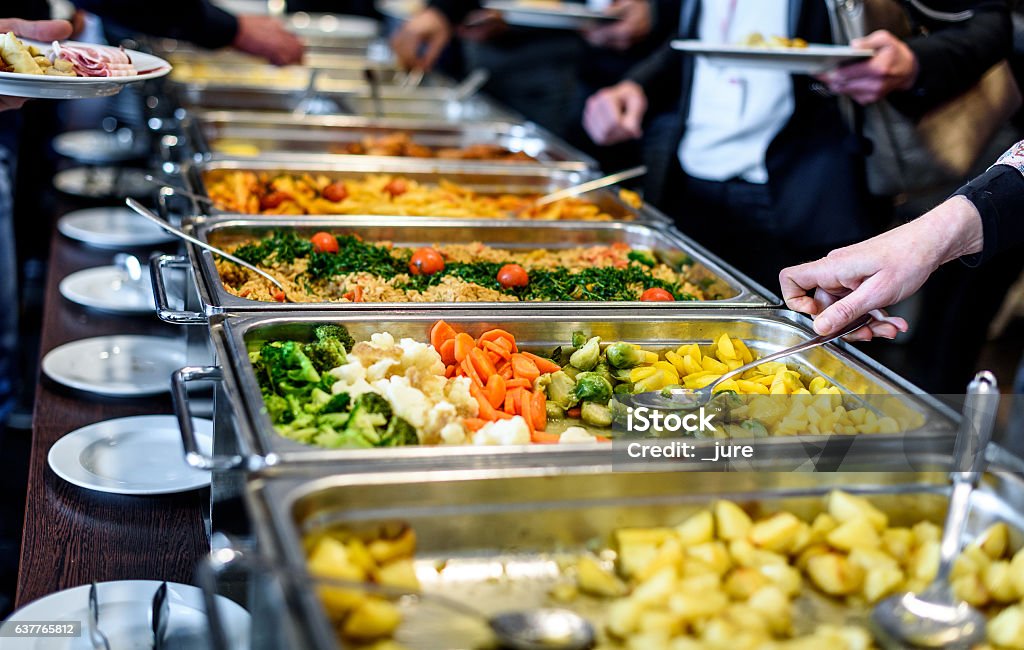Introduction:
In today’s interconnected world, social media has become an integral part of modern lifestyle, profoundly shaping how we communicate, consume information, and interact with the world around us. From Facebook to Instagram, Twitter to TikTok, these platforms have revolutionized the way we connect, share, and express ourselves. However, with great connectivity comes great responsibility, as the impact of social media on modern lifestyle is a topic of much debate and scrutiny.
The Rise of Social Media:
Social media platforms have experienced exponential growth since the early 2000s, fundamentally altering the way people interact and communicate. What began as simple networking sites has evolved into sophisticated platforms with billions of active users worldwide. The rise of smartphones and the accessibility of the internet have further accelerated this phenomenon, making social media an omnipresent force in our daily lives.
Communication Redefined:
One of the most significant impacts of social media is its redefinition of communication. Gone are the days of traditional letter writing or phone calls; instead, we now rely on instant messaging, status updates, and emojis to convey our thoughts and emotions. Platforms like WhatsApp and Messenger have become virtual town squares where conversations unfold in real-time, transcending geographical boundaries and time zones.
Furthermore, social media has democratized communication, giving individuals a platform to voice their opinions, share their stories, and connect with like-minded individuals. From grassroots movements to global protests, social media has empowered ordinary citizens to become agents of change, sparking conversations and catalyzing social movements with unprecedented speed and scale.
The Influencer Phenomenon:
Another notable impact of social media on modern lifestyle is the rise of influencers. These individuals have amassed large followings on platforms like Instagram, YouTube, and TikTok, leveraging their popularity to endorse products, share their lifestyles, and influence consumer behavior. The influencer economy has created new career opportunities and revenue streams, with brands eager to collaborate with influencers to reach their target audiences.
However, the influencer phenomenon also raises questions about authenticity, transparency, and the commodification of personal lives. As influencers curate carefully crafted personas and sponsored content, it can be challenging to discern what is genuine from what is merely a marketing ploy. Moreover, the pressure to maintain a perfect image can take a toll on influencers’ mental health, leading to issues like burnout, anxiety, and depression.
The Information Age:
Social media has transformed how we consume information, providing us with instant access to news, entertainment, and educational content. Platforms like Twitter and Reddit serve as real-time newsfeeds, delivering updates on current events and trending topics as they unfold. Meanwhile, YouTube and TikTok have become go-to destinations for entertainment, offering a vast array of videos ranging from comedy sketches to DIY tutorials.
While the abundance of information can be empowering, it also poses challenges in terms of misinformation, echo chambers, and information overload. The viral spread of fake news and conspiracy theories on social media has raised concerns about the erosion of trust in traditional media sources and the polarization of society. Moreover, the algorithmic curation of content can reinforce existing biases and limit exposure to diverse perspectives, fostering echo chambers where like-minded individuals are insulated from opposing views.
The Digital Identity:
In the age of social media, our online presence has become an extension of our identity, shaping how we perceive ourselves and how others perceive us. From profile pictures to bios, status updates to tweets, we carefully curate our digital personas to present a certain image to the world. However, this curated version of reality can sometimes diverge from our authentic selves, leading to feelings of inadequacy, comparison, and FOMO (fear of missing out).
Moreover, the permanence and ubiquity of social media raise concerns about privacy, security, and digital footprints. Every click, like, and share leaves a trace, contributing to the vast trove of data that social media companies collect and monetize. As our digital footprints grow larger, questions arise about who owns our data, how it is used, and what implications it may have for our privacy and autonomy.
Conclusion:
In conclusion, the impact of social media on modern lifestyle is multifaceted and complex, encompassing communication, influence, information, identity, and more. While social media has revolutionized how we connect, communicate, and consume content, it also presents challenges and risks that must be navigated with care. As we continue to embrace the opportunities and navigate the pitfalls of the digital age, it is essential to critically examine the role of social media in shaping our lives and communities. By fostering a culture of digital literacy, empathy, and responsible use, we can harness the power of social media to create a more connected, informed, and inclusive world.











